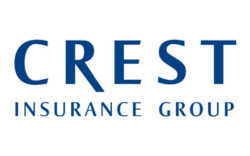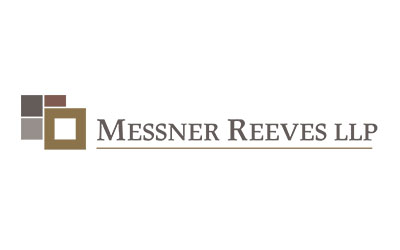Colorado lawmakers just passed a law that will bring dramatic change to the non-compete landscape by significantly limiting the circumstances under which restrictive covenants may be used – virtually ending the practice of most non-competes in the state – and empowering workers and the Attorney General to punish violations through lawsuits for damages, statutory penalties, and attorneys’ fees. Governor Polis is all but certain to sign the non-compete reform bill that will then become effective 90 days after the legislature adjourns – which means the law should be in place by early August 2022. What do Colorado employers need to know about this significant development, and what are the five crucial steps you should take to prepare for the dawning of this new day?
Read more from Fisher & Phillips LLP here.














